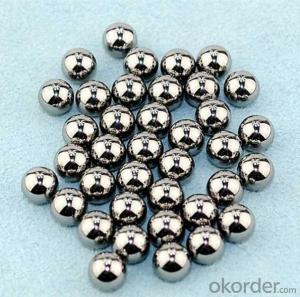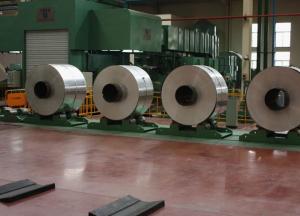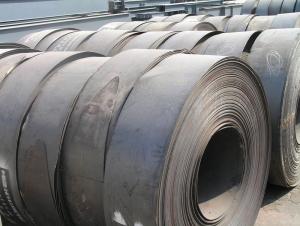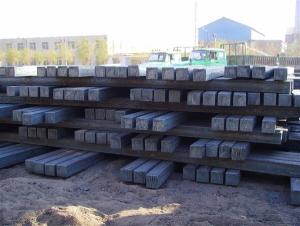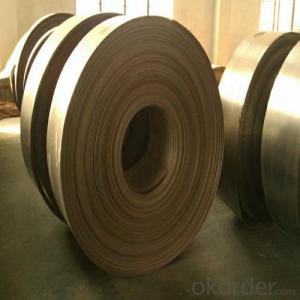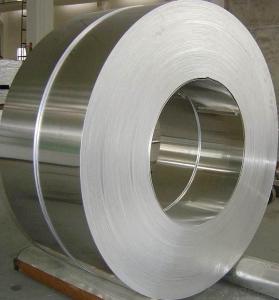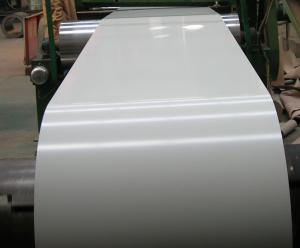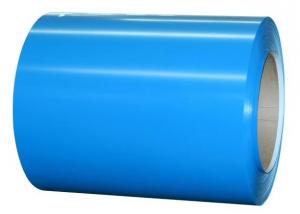AISI420 Steel Shot 8mm G100 Stainless Steel Ball
- Loading Port:
- China main port
- Payment Terms:
- TT OR LC
- Min Order Qty:
- 1 m.t.
- Supply Capability:
- 10000 m.t./month
OKorder Service Pledge
OKorder Financial Service
You Might Also Like
Item specifice
Product Description
THE DETAIL OF STAINLESS STEEL BALL| Product | Stainless steel ball |
| Material | stainless steel |
| Brand | SAIGE |
| Percision | G100 |
| Hardness | HRC>52 |
| Surface | zero defect, bright |
| Checking | 100% sorted |
| Sales mode | wholesale or retail |
| Sample | by free |
| Package | four small boxes within a carton of 20kg |
| Certification | ISO9100;2008SGS |
Products Picture
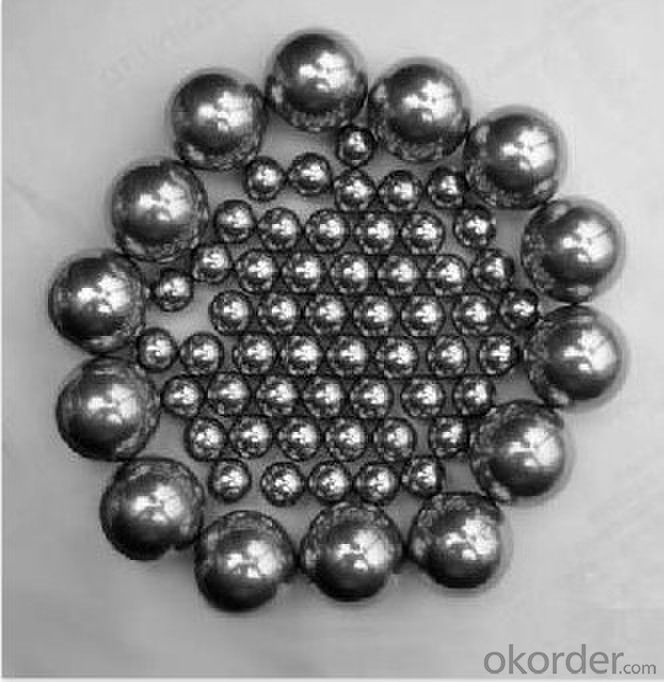
AISI 420 have good hardness and fair-to-good corrosion resistance and strength, it is generally used for all applications requiring resistance to corrosion such as bearings, valves, writting instruments, food environment, fresh water, many petroleum products and mild acid environments. AISI 420 is also magnetic.
AISI 420 stainless steel balls in our factory:
Minimum diameter :1.2mm
Best precision :G10
Hardness :HRc>52
SAFE PACKAGE
Step 1: Weighing stainless steel balls. Usually the weight is about 10kg.
Step 2: Sealed plastic bags
Step 3: Put sealed plastic bags into small boxes.
Step 4: Each box has the label, including material, Lot No. Size, quantity, grade, date and so on
Step 5: Each box directly put into mooden case.
High precision stainless steel balls usually is oil package. Normal precision stainless steel balls usually is dry package.
We also can pack them according to customers' request.
STEEL BALLS APPLICATION
Expect the stainless steel ball , we have other stainless steel ball . chrome steel ball , carbon steel ball .
They are all passed the ISO and SGS certification , They are all safe.
- Q:How is steel used in the manufacturing of packaging materials?
- Steel is commonly used in the manufacturing of packaging materials due to its strength and durability. It is often used to create steel drums, cans, and containers that provide a secure and protective packaging solution for various goods. Steel packaging is widely used in industries such as food and beverage, chemicals, and pharmaceuticals, as it can withstand extreme temperatures, resist corrosion, and provide an airtight seal. Additionally, steel can be easily recycled, making it a sustainable choice for packaging materials.
- Q:How is steel used in the manufacturing of communication towers?
- Steel is used in the manufacturing of communication towers due to its strength, durability, and ability to support heavy loads. Steel structures provide the necessary stability and height required for communication equipment to transmit signals effectively over long distances.
- Q:What are the different types of steel meshes and their applications?
- There are several different types of steel meshes with various applications. Some common types include welded wire mesh, expanded metal mesh, and woven wire mesh. Welded wire mesh is frequently used in construction, agriculture, and fencing due to its strength and durability. Expanded metal mesh is often utilized for grating, walkways, and filters due to its high load-bearing capacity and ventilation properties. Woven wire mesh is commonly used in industries such as mining, filtration, and security due to its versatility and ability to withstand heavy-duty applications. Overall, steel meshes serve diverse purposes and are chosen based on their specific properties and intended applications.
- Q:What are the different types of steel products used in the manufacturing of kitchen appliances?
- There are various types of steel products used in the manufacturing of kitchen appliances, including stainless steel, carbon steel, and galvanized steel. Stainless steel is the most common choice due to its durability, resistance to corrosion, and aesthetic appeal. Carbon steel is often used for cookware due to its excellent heat distribution and retention properties. Galvanized steel, on the other hand, is primarily used for the external components of kitchen appliances, providing strength and protection against rust.
- Q:What are the uses of steel wire mesh in filtration?
- Steel wire mesh is used in filtration for various purposes. It is commonly used as a filter medium to separate solids from liquids or gases. The mesh structure allows for effective removal of impurities, ensuring a cleaner and purer end product. Steel wire mesh is also used in industrial applications where high temperatures or corrosive environments are present, as it is highly durable and resistant to wear and tear. Additionally, it is used for sieving and grading purposes, ensuring the desired particle size distribution in filtration processes.
- Q:How are steel forgings used in the production of mining equipment?
- Steel forgings are commonly used in the production of mining equipment due to their superior strength and durability. They are used to create various components such as gears, shafts, and heavy-duty structural parts that can withstand the harsh conditions and heavy loads encountered in mining operations. The forging process ensures a higher quality and integrity of the steel, making it suitable for withstanding extreme forces and prolonged use in mining equipment.
- Q:How is steel used in the agricultural industry?
- Steel is used in the agricultural industry for various purposes such as constructing buildings, barns, and fences, manufacturing equipment like tractors and harvesters, and creating storage containers for crops and livestock.
- Q:How do steel products contribute to the electrical and power transmission sector?
- Steel products play a crucial role in the electrical and power transmission sector by providing the necessary infrastructure to support and transmit electricity efficiently. Steel is used in the construction of transmission towers, poles, and substations, which form the backbone of power transmission networks. These products provide the necessary strength and durability to withstand extreme weather conditions and support high-voltage power lines. Additionally, steel is also used in the manufacturing of electrical transformers, generators, and turbines, which are essential components of power generation and distribution systems. Overall, steel products contribute significantly to the reliability and effectiveness of the electrical and power transmission sector.
- Q:What are the different types of steel rails and their applications in the railway industry?
- There are primarily three types of steel rails used in the railway industry: plain carbon steel rails, head-hardened rails, and composite rails. Plain carbon steel rails are the most common type and are widely used for general railway tracks. They offer good strength, durability, and affordability, making them suitable for most applications. Head-hardened rails are heat-treated to increase their hardness and wear resistance. These rails are commonly used in high-speed and heavy-haul tracks where the forces and wear are more significant. Head-hardened rails reduce the maintenance requirements and offer a longer lifespan compared to plain carbon steel rails. Composite rails are a combination of different materials, typically steel and other alloys. These rails are used in specific situations where additional properties are required, such as increased strength, reduced noise, or improved resistance to extreme temperatures. Overall, the choice of steel rail depends on factors like the expected traffic load, speed, and environmental conditions. The railway industry carefully selects the appropriate type of steel rail to ensure safe and efficient operations.
- Q:How do steel products contribute to the manufacturing and industrial sector?
- Steel products are essential in the manufacturing and industrial sector due to their strength, durability, and versatility. They are used in the construction of infrastructure such as buildings, bridges, and roads, providing a solid foundation for economic development. Moreover, steel products are crucial components in machinery, equipment, and vehicles, ensuring their reliability and enhancing productivity. Additionally, steel's recyclability allows for sustainable manufacturing practices, reducing environmental impact. Overall, steel products play a vital role in driving growth, innovation, and progress in the manufacturing and industrial sector.
1. Manufacturer Overview |
|
|---|---|
| Location | |
| Year Established | |
| Annual Output Value | |
| Main Markets | |
| Company Certifications | |
2. Manufacturer Certificates |
|
|---|---|
| a) Certification Name | |
| Range | |
| Reference | |
| Validity Period | |
3. Manufacturer Capability |
|
|---|---|
| a)Trade Capacity | |
| Nearest Port | |
| Export Percentage | |
| No.of Employees in Trade Department | |
| Language Spoken: | |
| b)Factory Information | |
| Factory Size: | |
| No. of Production Lines | |
| Contract Manufacturing | |
| Product Price Range | |
Send your message to us
AISI420 Steel Shot 8mm G100 Stainless Steel Ball
- Loading Port:
- China main port
- Payment Terms:
- TT OR LC
- Min Order Qty:
- 1 m.t.
- Supply Capability:
- 10000 m.t./month
OKorder Service Pledge
OKorder Financial Service
Similar products
New products
Hot products
Hot Searches
Related keywords
